Finance for Development
Number of results stories covering this topic: 11
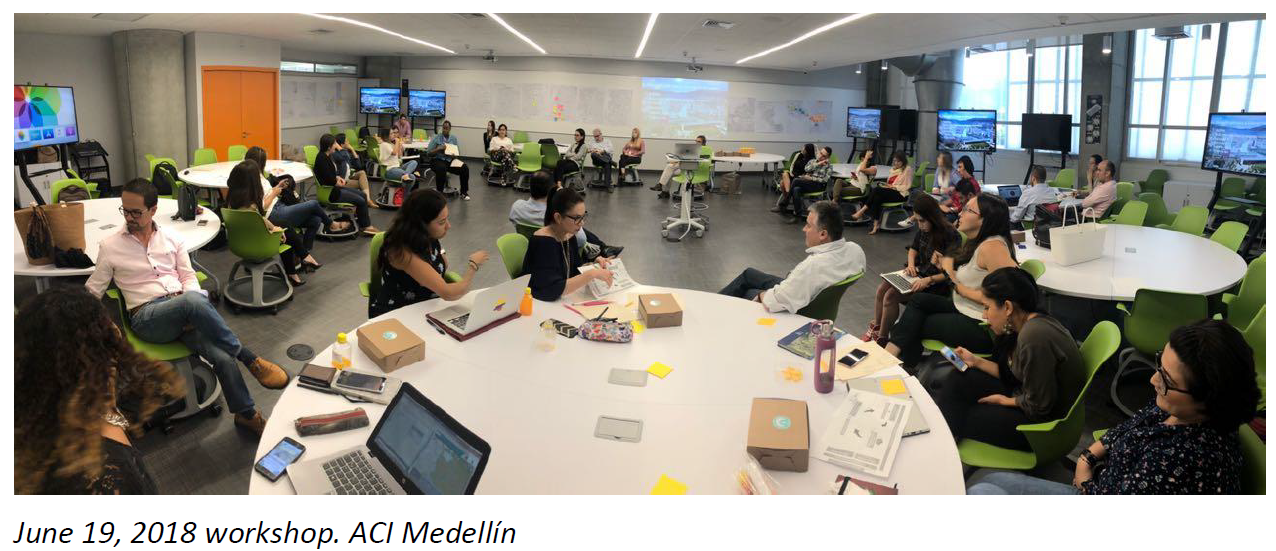
Peer Learning on Integrated Urban Transformation
Rapid urbanization has the potential to improve the well-being of societies. If managed prudently, it can transform the development course of economies. But the path of urbanization is also fraught with numerous human development challenges intensified by poverty, economic disparities, lack of housing and basic services, inefficient transport…
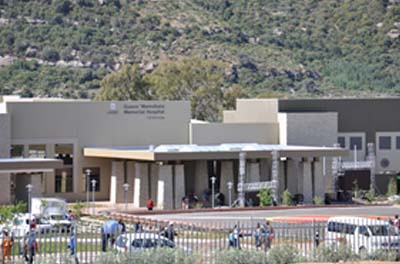
Improving Delivery of Health Services in African Countries
Health officials across the globe are increasingly interested in improving the quality of health care and its value for money, and consider Public-Private Partnerships (PPPs) as one way to achieve these goals. In 2012, senior staff from the International Finance Corporation (IFC) and the World Bank’s Africa Unit organized an exchange in which…

Improving Road Maintenance in Vietnam
To address rising road maintenance costs and improve road safety, Vietnamese officials sought cost-effective ways to maintain Vietnam’s roads, such as the introduction of Performance Based-Contracts (PBCs). However, Vietnam’s Ministry of Transport (MoT) lacked capacity to apply PBCs to road maintenance projects, and officials from the Ministry…
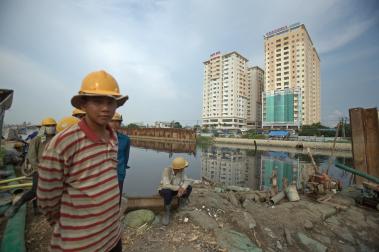
Establishing a Municipal Development Fund for Enhanced Financing of Infrastructure: Vietnam-Colombia Exchange
To strengthen municipal infrastructure financing as part of a larger urban development plan, Vietnam participated in an exchange with Colombia. The Vietnamese learned about the institutional, legal, regulatory, and operational frameworks of municipal development funds (MDFs). Thus, they gained skills to develop policy recommendations for a legal…
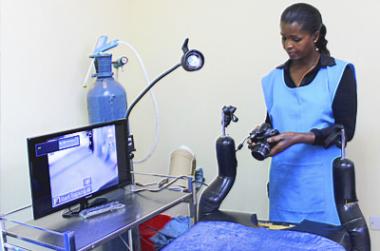
Strengthening Public Investment Project Coordination among Subnational Governments in Colombia
The Government of Colombia sought to strengthen the capacity of its Bank of Public Investment Projects. Weak capacity and systems made it difficult to manage projects and coordinate among subnational governments in the planning and execution of public investment projects. The opportunity for a knowledge exchange with Peru presented Colombia with…
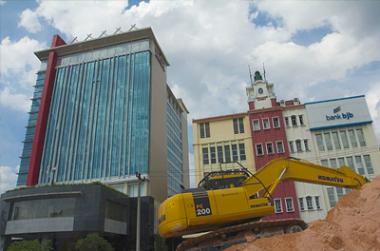
Meeting Indonesia’s Urban Development Challenge: South-South Exchange on National Urban Programs
The Government of Indonesia was seeking options for local government infrastructural development in its growing urban areas as means to support its urban development agenda and implementation of decentralization. The Government participated in an exchange with Colombia, which was recognized for its experiences with fiscal decentralization,…
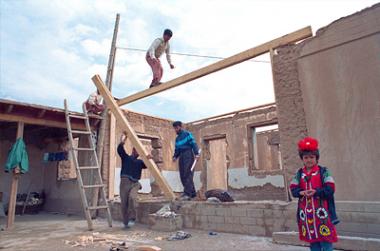
Strengthening Municipal Financing Mechanisms in Tajikistan
Following its independence in 1991, Tajikistan went through a devastating, six-year-long civil war, which left the country financially strained. Challenged by limited fiscal resources to adequately provide for major public service infrastructure resulted in lack of proper maintenance and rehabilitation nationwide. Consequently, the country's…

Reviving Haiti’s Garment Industry through Foreign Investment and Capacity Development
Haiti’s garment industry, responsible for 88 percent of Haitian exports,1 received a crippling blow from the January 12, 2010 earthquake. The Government of Haiti (GOH) gave a high priority to the sector, which is the country’s largest employer, and wanted to attract investment to revitalize exports and create jobs. Through the World Bank’s ongoing…
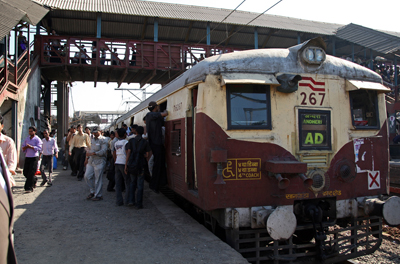
India and China Exchange Strategies to Expand Railway Networks
Indian Railways (IR) is Asia’s second largest rail system, moving some 30 million passengers and 2.8 million tons of freight daily.1 Railways are critical to both economic growth and reducing environmental impacts; and Indian officials recognized the need for a long-term strategy to expand and modernize India’s railways to meet the needs of its…
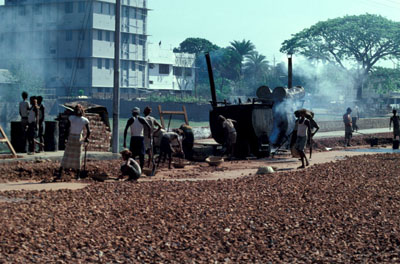
Strengthening Natural Resource Revenue Management and Lowering Volatility in Papua New Guinea
To decrease the negative effects of economic volatility induced by fluctuations in commodity prices and to improve management of natural resource revenues, Papua New Guinea wanted to learn international best practices through exchanges with other developing countries. The World Bank connected Papua New Guinea with Chile and Mongolia to learn how…
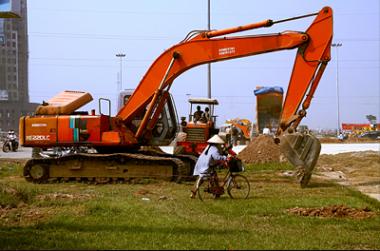
Knowledge Sharing and Experience Exchange on the Optimal Utilization and Management of External Financing for Development
In 1995, with technical assistance from the World Bank, Indonesia introduced its Program for Pollution Control Evaluation and Rating (PROPER), the first such environmental rating and disclosure (ERD) initiative in the developing world. With experience from Indonesia, the World Bank helped introduce the concept to other countries, including Ghana,…

 China
China Colombia
Colombia Denmark
Denmark India
India Indonesia
Indonesia Mexico
Mexico Russian Federation
Russian Federation Spain
Spain United Kingdom
United Kingdom